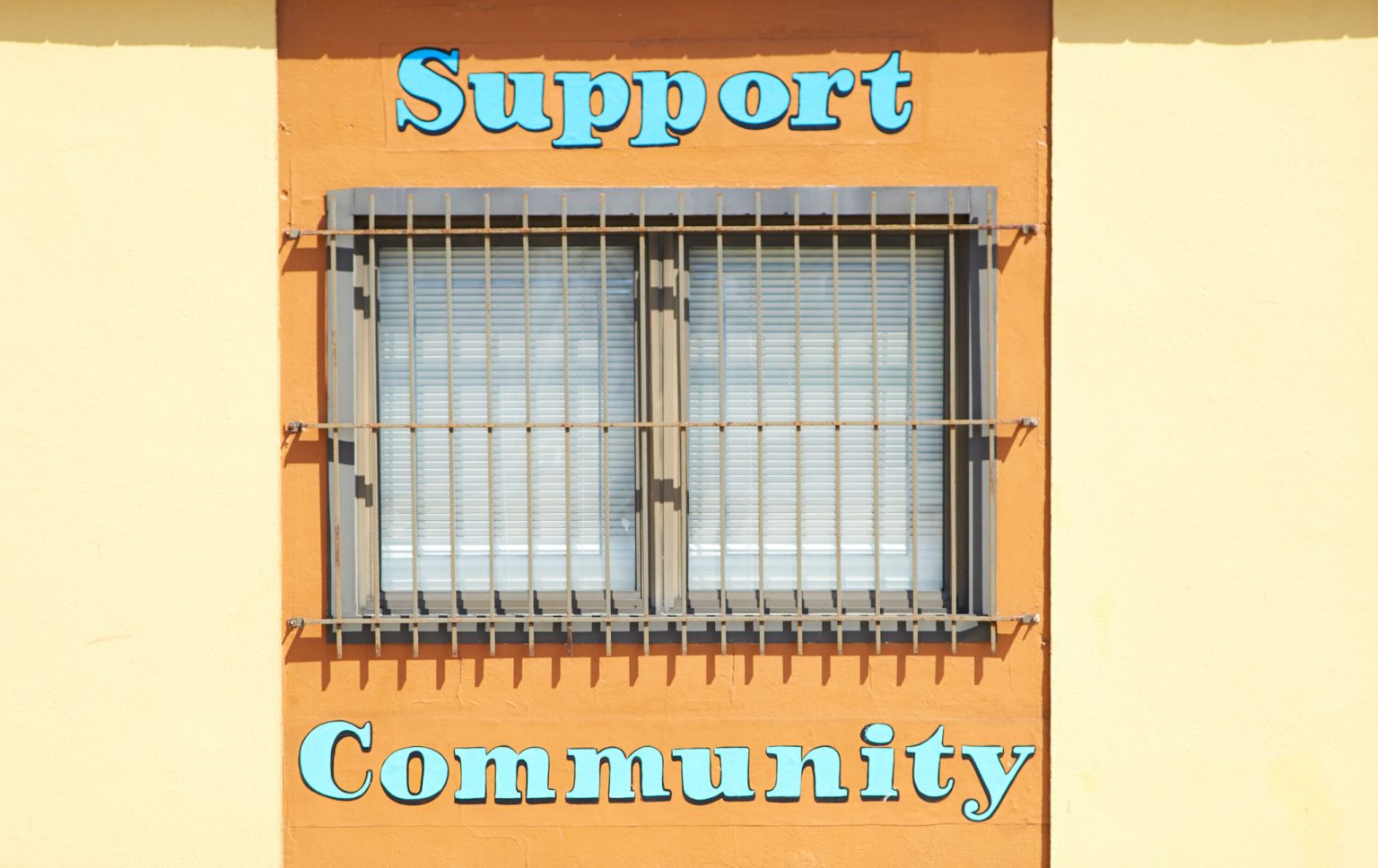To keep art and culture affordable for everyone, artists and performers are often able to make use of subsidy, funding or sponsorship. But how do you include these cash flows in your accounts?
Subsidy, funds and sponsorship
Suppose you receive a subsidy for organising a show or exposition for instance from the Mondriaan Fonds or the KF Heijn Fonds. Then you submit these amounts as business income. Or suppose you hired people to build a light installation you designed or a voice actor to do the voiceover for an animation you created. In these cases you can submit these costs as business costs. Make sure these people or companies send you an invoice, so you can account for the costs. Most of the time there are as many costs as there is subsidy, so you will have little profit. This means you won’t be charged with a lot of income tax over it.
When you’re awarded with a prize in a competition and you win prize money or when you get a scholarship because you’re in college. Then this income belongs to your taxable income and so you need to submit it as business income. There is an exception: when you’re awarded with a prize for your entire work this is untaxed for the income tax.
How about sales tax (VAT)
When you invoice a sponsor you’re obliged to charge VAT. But when you receive the money as a donation, you do not have to charge VAT. So there’s a difference between a donation and a sponsorship. With a donation there is no compensation. With sponsoring there is. For instance by crediting the sponsor. When you receive a subsidy it depends on the type of compensation you provide. When you don’t provide compensation then you don’t have to charge VAT over the subsidy. When you do provide compensation, then you’re obliged to charge VAT over the income you receive through subsidy.
What is considered compensation and what isn’t?
When you receive a one-off subsidy from your municipality on the condition of the event being held in the municipality, then this isn’t considered as a compensation. But it is considered as a compensation when the subsidy is directly linked to the amount of sold tickets. Also, when the subsidy provider benefits directly from your activity, this is considered a compensation. For instance when the subsidy provider is a brewery that has the exclusive right to sell it’s beer during your event.
You don’t have to charge sales tax over scholarships and prize money, because you don’t provide compensation for it.

Crowdfunding enables you to launch new projects by raising money through your audience or the crowd. There are three types of crowdfunding: loan, donation and reward based. When you agree to use the money for a project and pay it back later, it’s a loan. This amount is not classified as part of your turnover. When you use the money for your project and you don’t pay it back and there is no other compensation, it’s a donation. You could also provide a product as a compensation, then it’s not a gift but reward based crowdfunding. In both of these two cases the money is considered as turnover for your company.
Crowdfunding and VAT
With a loan or a donation you won’t need to pay VAT. But with a reward as a compensation, you do. Often times people will donate an amount that is partially compensated. For instance when someone donates €100 and receives a signed photo-book as a compensation. The worth of the photo-book would normally be €60. This means €40 is a donation and €60 is the reward. You need to pay VAT over the €60, but not over the €40 donation. The turnover from crowdfunding needs to be split up in donations and rewards. Sometimes the worth of the compensation isn’t a fixed price. For instance when donors receive a house concert. In that case the worth is determined by looking at the price of comparable house concerts. And you’ll need to pay VAT over that amount.
Are you having doubts about your specific situation? Please contact your bookkeeper.


